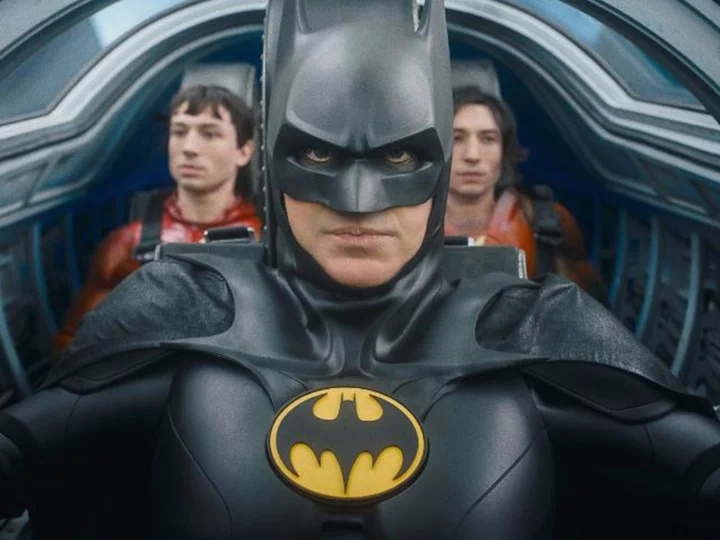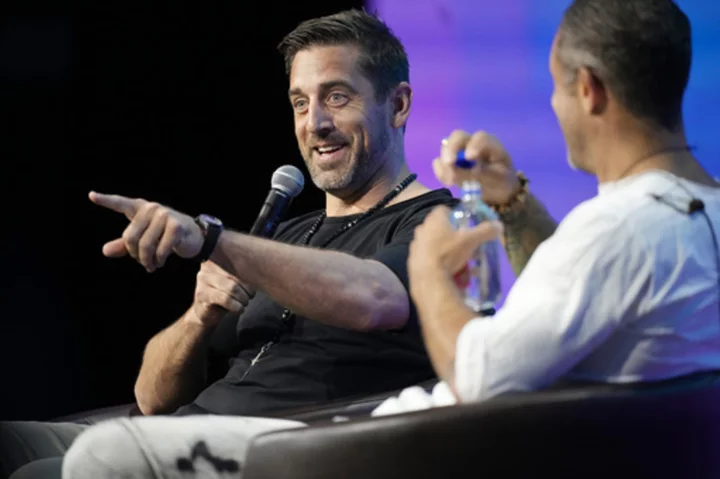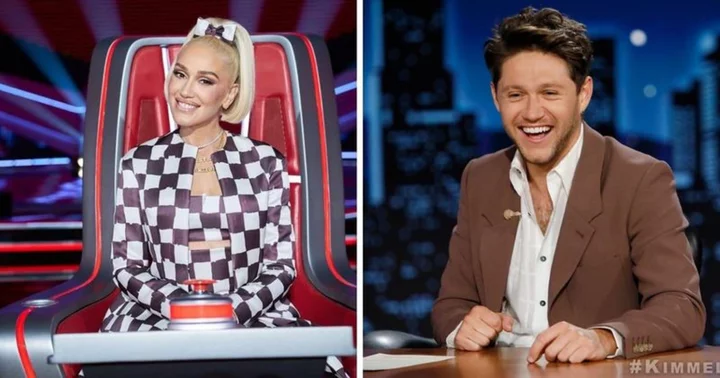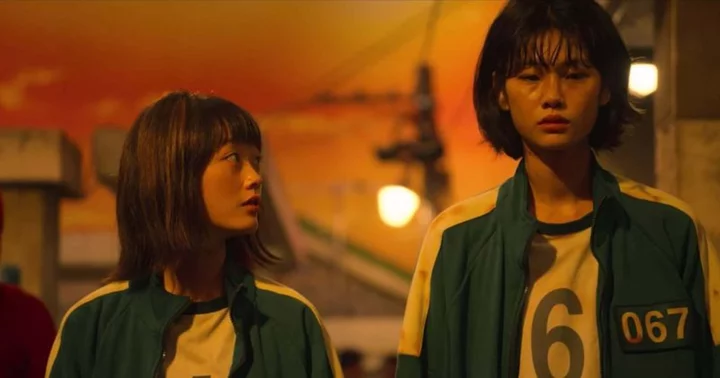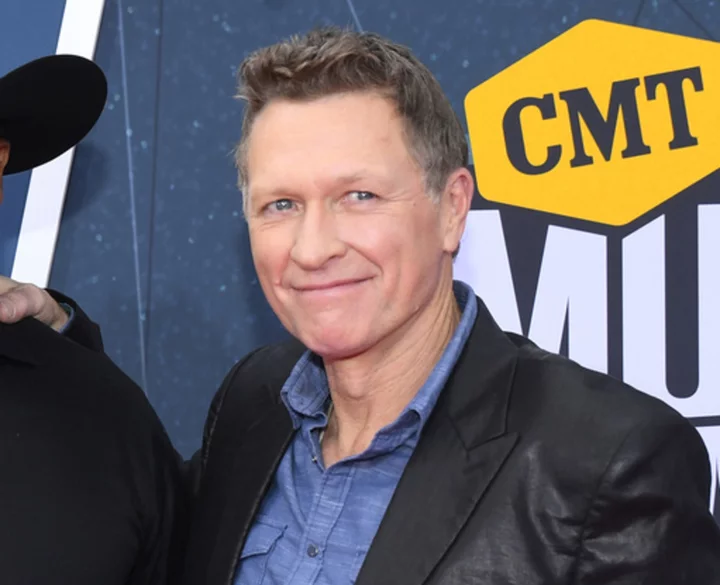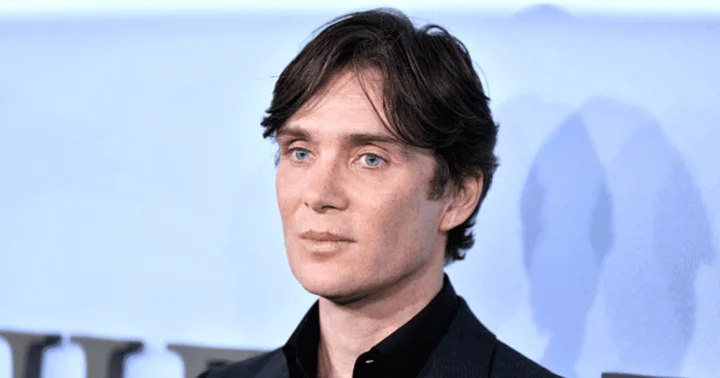Wading through 85 years of comics history is a daunting task, and "Superpowered: The DC Story," a Max docuseries tries doing it in just three parts. Yet this voyage into comics history, in print and on the screen, comes at a crossroads for DC, one that suggests all paths usually lead back to Superman, Batman and Wonder Woman.
Max has shelf-space to fill, so a self-promotional look at DC Comics and corporate sibling Warner Bros. (like CNN, units of Warner Bros. Discovery) makes perfect sense from a synergistic perspective.
Still, this deep dive hits streaming after "The Flash" hit the skids at the box office. The less-than-super results for that movie represent one of the headwinds facing DC, which, thanks to a change in ownership, has also seen the CW network shift gears after relying on a stable of DC superheroes to fill its primetime lineup, leaving "Superman & Lois" as the last show standing, with "Gotham Knights" canceled and "The Flash" series having run its course.
Looking ahead, the future for DC would seem to hinge on its signature properties -- namely, Superman, Batman and Wonder Woman. That's certainly true in the past, as "Superpowered" illustrates, while offering a reminder of the enormous expectations that go with those characters.
Indeed, media beyond the comics has been inextricably linked to DC since its early days, when the Superman radio show galvanized viewers in the 1940s, followed by the character's leap to TV in the '50s.
Similarly, Batman received a boost in the 1960s from the comical TV series starring Adam West, which had the ricochet effect of inspiring those who loved the Dark Knight to take him in a more sober direction -- first in print, and later on screen.
Michael Uslan, a producer of the 1989 "Batman" movie starring Michael Keaton, spent years championing what became Tim Burton's darker vision. In the documentary, he remembers watching the TV show and thinking, "The whole world is laughing at Batman. And that killed me," adding that at the time, "Nobody understood the value of these characters."
The major challenge now is everyone understands the value, thanks in part to rival Marvel's box-office exploits. That, and the cost of such special-effects-heavy filmmaking, has heightened pressure on these movies to attract vast audiences while balancing that against the desires and expectations of die-hard fans who have their own ideas -- like the young Uslan -- regarding how these characters should be handled.
Directed by Leslie Iwerks and Mark Catalena, and narrated by Rosario Dawson, "Superpowered" contains some wonderful material, from a skinny Christopher Reeve's early screen test for the role of Superman -- in the blockbuster released 45 years ago -- to how DC created the now-everywhere idea of a "multiverse" in the Flash comics of the 1960s.
In terms of where DC goes next, "The Batman" starring Robert Pattinson performed well, and DC Comics co-chief James Gunn is toiling away on another reboot in "Superman: Legacy." But "The Flash" joined less-familiar titles "Black Adam" and the "Shazam!" sequel in underwhelming box-office watchers, a trend another lesser-known hero, "Blue Beetle," will try to buck before the "Aquaman" sequel can swim to the rescue (or not).
Marvel and the rest of the movie industry have faced similar setbacks, reflecting the unsettled nature of the current media ecosystem in what has been, overall, a difficult summer for major movies.
As "Superpowered" reminds us, DC has long occupied a near-unique place at the nexus of Americana and pop culture, which can be a burden as well as an opportunity.
Marie Javins, the editor in chief of DC Comics, notes in the documentary that in the comics, "We have no limits essentially. It's whatever we can draw."
Movies and TV, by contrast, face clear and demanding limits. That doesn't mean DC can't reclaim its past glory, only that doing so does indeed look like a job for Superman.
"Superpowered: The DC Story" premieres July 20 on Max.

